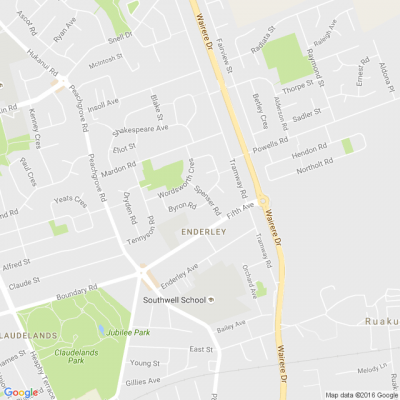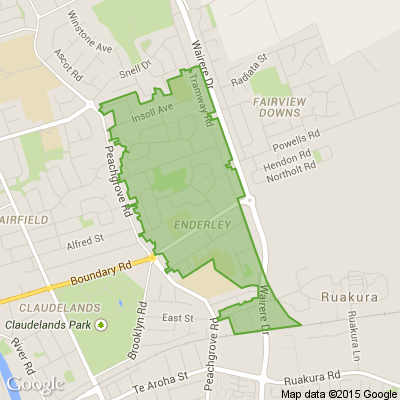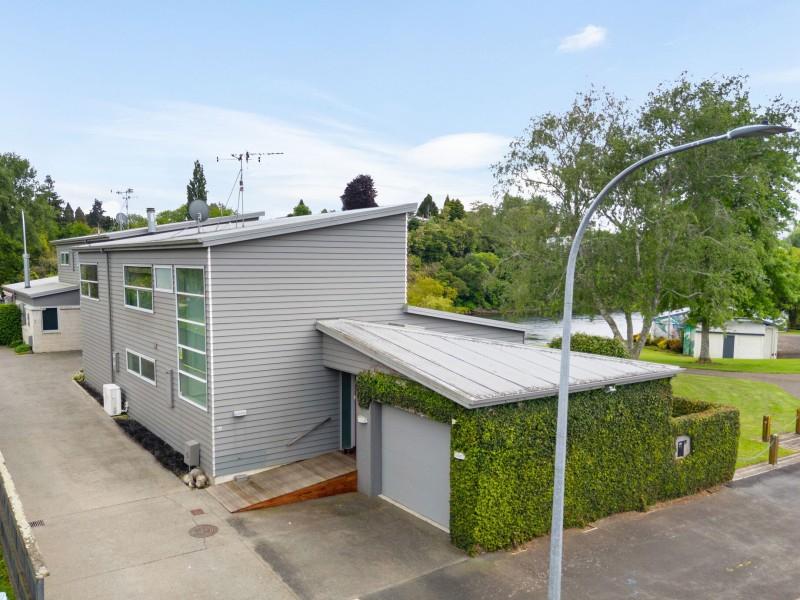Valuing our natural environment
The Waikato region has a fascinating and beautiful ecological past. Through the hard work and dedication of volunteers, conservationists, councils and government, excellent work is being done in the area of ecological restoration.
Hamilton City Council currently has 17 restoration projects in and around the region, ranging from weekly restoration of neighborhood sections, like the Riverlea Environment Society, to large public events like Arbor Day, which I had the privilege of attending earlier this year.
In 2018, volunteers spent over 7,000 hours assisting with restoration projects, planting over 30,000 native plants. The fantastic work achieved by those involved in these projects is clear to anyone who takes a walk through the sections.
This coalition Government has a goal of planting one billion trees over ten years, across a diverse range of species. We are well on the way to achieving this goal.
Maungatautari, a 40-minute drive from Hamilton, is the nation’s largest ecological ‘island’. With over 3400 hectares of predator-free land and approximately 30 native species within its boundaries, this sanctuary clearly demonstrates the value our region puts on our native environment. When I visited, I was impressed by the scale of this project, including the fence that surrounds the entirety of the site. Visitor tours provide revenue for maintenance and further protection of our native species.
Closer to Hamilton, the Waiwhakareke Natural Heritage Park, established in 2004, encompasses 60 hectares of land for restoration, aiming to revitalize the Hamilton basin’s ecological diversity. The project is starting to see major success, with early-planted trees starting to provide canopy closure for natural seeding of native plants. I recently joined with a number of students to plant trees on this site, and was inspired by their passion for our environment, and commitment to a long-term vision.
Focused on reintroducing native birds to the Waikato, Project Halo creates a 20km-wide ring around Hamilton, within which key breeding and feeding sites are actively encouraged and protected from pests. Since being introduced in 2007, Tui numbers have increased significantly. Reports of breeding pairs are becoming more frequent.
Hamilton is one of New Zealand’s only major cities that can claim a long tailed bat population; the bats being one of two native land mammal species left in our country. Project Echo, in collaboration with the Riverlea Environment Society, has been monitoring bat numbers, movements and behaviour for a number of years, in order to gain a better understanding of, and provide better protection for the bats. The population is tracking well, in large part due to the engagement of the public: bat detectors can be borrowed free of charge to confirm sightings.
Because much of the Waikato was initially wetlands, protecting the 20% of our region still in this condition is of paramount importance to local conservationists. Three of our wetlands have been recognised as habitats with global conservation value under the International Union for Conservation of Nature. With a goal of developing a National Wetland Discovery Centre at Lake Rotopiko/Serpentine between Te Awamutu and Hamilton, the National Wetland Trust hopes to create a wildlife sanctuary with research, educational and recreational facilities.
Established in 1971, the Otorohanga Kiwi house has been both creating appreciation for our region’s beautiful native animals, and providing a breeding sanctuary for close to 50 years. This facility is currently host to 20 native species.
The volume and effort put into conservation efforts here in the Waikato continues to inspire me; we owe it to future generations to take a long-term view. Our natural environment is unique and beautiful, and I look forward to seeing it continue to strengthen, grow and flourish.

What's your favourite recipe for courgettes?
Kia ora neighbours. If you've got a family recipe for courgettes, we'd love to see it and maybe publish it in our magazine. Send your recipe to mailbox@nzgardener.co.nz, and if we use it in the mag, you will receive a free copy of our January 2025 issue.

Poll: Do you think NZ should ban social media for youth?
The Australian Prime Minister has expressed plans to ban social media use for children.
This would make it illegal for under 16-year-olds to have accounts on platforms including TikTok, Instagram, Facebook and X.
Social media platforms would be tasked with ensuring children have no access (under-age children and their parents wouldn’t be penalised for breaching the age limit)
.
Do you think NZ should follow suit? Vote in our poll and share your thoughts below.

-
85.2% Yes
-
13.8% No
-
1.1% Other - I'll share below
Poll: Are you expecting lots of development and new businesses around the theatre?
The owner of Raglan Roast has secured another property on Hamilton’s “golden mile” to potentially expand the brand into what’s turning into a focal point of CBD.
At an auction day at Bayleys this week, the Victoria St title appeared among a list of farms, commercial properties and lifestyle blocks in front of a competitive crowd of about 60 would-be buyers.
Are you expecting lots of development and new businesses around the theatre? Tell us your reasons in the comments (adding NFP if you don't want your words used in print).

-
50% Yes
-
50% Not sure
-
0% No






 Loading…
Loading…







